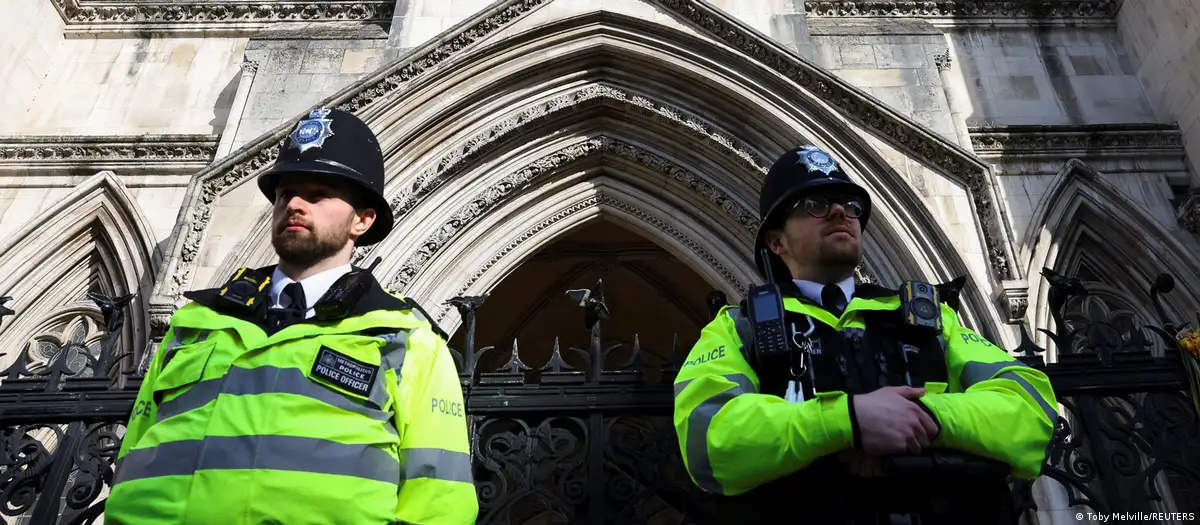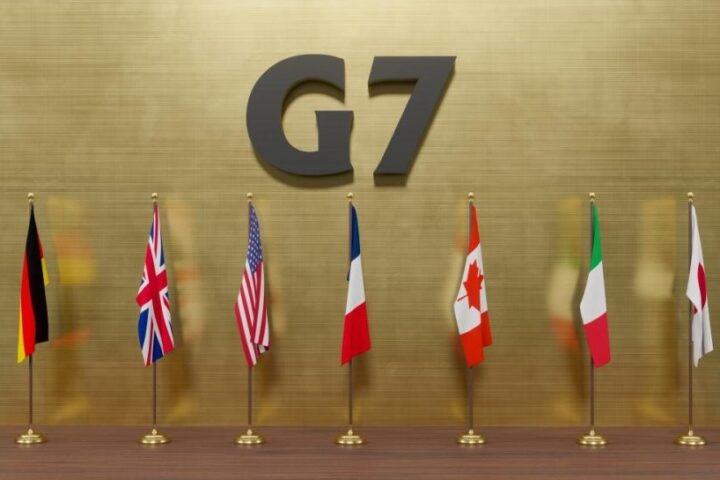The High Court in London has ruled that Julian Assange can continue his legal battle, unless the US promises within three weeks that he won’t face the death penalty. The legal saga has dragged on for more than a decade.
UK judges on Tuesday delayed their ruling on Julian Assange’s extradition to the US, and asked the US for further assurances that the self-styled whistleblower would not face the death penalty if extradited.
The UK abolished the death penalty in the 1960s.
Assange had applied to be able to appeal the extradition at a further hearing.
The court ruled on Tuesday that he could, unless the US provided “satisfactory assurances” within three weeks that his life would not be at risk and on whether he could rely on the First Amendment of the US Constitution which protects freedom of speech.
Judges Victoria Sharp and Jeremy Johnson adjourned the case until May 20.
“If assurances are not given then we will grant leave to appeal without a further hearing,” they said. “If assurances are given then we will give tthe parties an opportunity to make further submissions before we make a final decision on the application for leave to appeal.”
Journalist and whistleblower, or thief who put lives at risk?
Assange’s legal team argued during the two-day hearing in February that US authorities were unfairly seeking to punish their client for WikiLeaks’ “exposure of criminality on the part of the US government on an unprecedented scale,” including torture and killings.
Some of the most famous leaks of classified documents by WikiLeaks pertained to operations in Iraq and Afghanistan while NATO forces were present in those countries.
The site’s first big scoop, however, was the release of a tranche of diplomatic cables in 2010 between the US Department of State and its missions around the world.

The US government argues that Assange’s actions went beyond journalism or whistleblowing by soliciting, stealing and indiscriminately publishing classified documents, also arguing that this action endangered innocent lives.
Years spent in embassy to evade capture, last five years in British prison
Assange had appealed on nine grounds in total, six of which the judges rejected, but they said they would grant him appeal on three issues: freedom of speech, concerns that he faces a disadvantage because he’s not a US citizen, and the risk of facing the death penalty.
The 52-year-old computer expert faces 17 espionage counts and one charge of computer misuse in the US. If convicted, his lawyers say he’s exposed to a jail term of up to 175 years, though American authorities have said any sentence would likely be much lower.
Assange’s wife and supporters say that his physical and mental health have suffered during a decade either in custody or in hiding in Ecuador’s embassy in London. After years in the embassy, with police monitoring the building round the clock, he spent the last five years in a high-security prison on the outskirts of the British capital.
Politicians from government and the opposition in Australia in February joined forces to issue an appeal that Assange, an Australian citizen, be returned there.
Several other countries have advocated more lenient treatment, including German Chancellor Olaf Scholz, who said earlier this month that past US failures to assure the UK “that the possible punishment would be within a justifiable framework from the UK’s point of view” seemed to suggest that a further right to appeal the extradition was warranted.
Source: Dw








